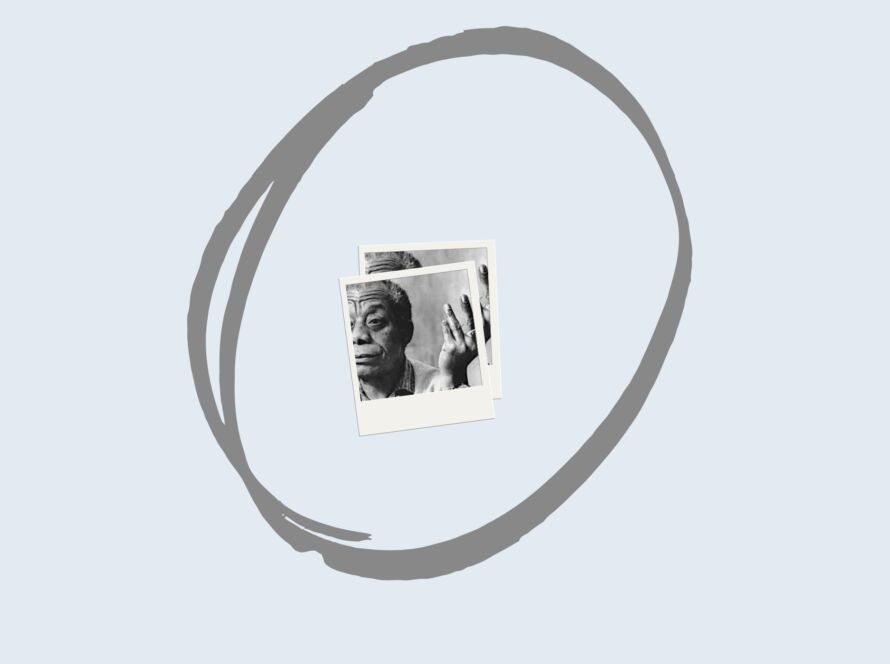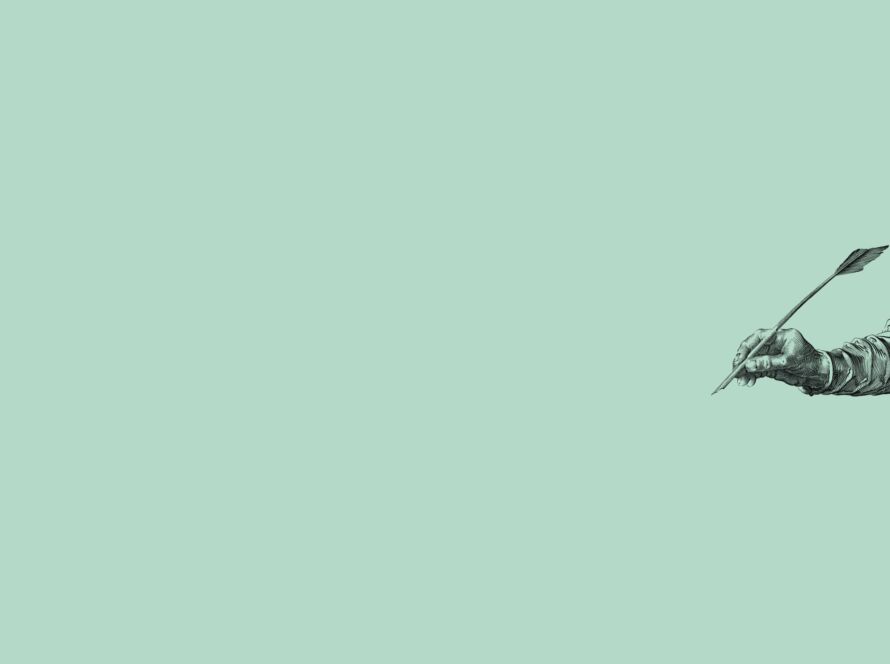George Orwell, born Eric Arthur Blair on June 25, 1903, in Motihari, India, was a British writer, journalist, and essayist. Renowned for his penetrating insights into political and social issues, Orwell’s works continue to resonate with readers, offering profound critiques of power, propaganda, and the erosion of individual freedoms.
Orwell’s formative years were marked by experiences that shaped his worldview. His time spent as a colonial police officer in British-ruled Burma and his encounters with poverty during the Great Depression deeply influenced his understanding of social injustice and the abuse of power. These experiences laid the foundation for his enduring commitment to truth, integrity, and social justice.
Orwell is best known for his dystopian novels, “Nineteen Eighty-Four” and “Animal Farm.” These literary masterpieces depicted oppressive regimes, totalitarianism, and the manipulation of language and truth. “Nineteen Eighty-Four,” with its chilling portrayal of a surveillance state and the concept of “Big Brother,” remains a seminal work of fiction that continues to warn readers about the dangers of authoritarianism and the erosion of individual autonomy.
Orwell’s skill as a journalist and essayist further solidified his reputation as a keen observer of society. His non-fiction works, including “Homage to Catalonia” and “Down and Out in Paris and London,” exposed social inequalities, political corruption, and the plight of the working class. Orwell’s ability to combine firsthand experiences with incisive analysis made him a respected voice in the world of journalism and social commentary.
One of Orwell’s most enduring legacies is his emphasis on the power of language and the manipulation of truth. He coined phrases such as “Newspeak” and “doublespeak” to highlight the ways in which language can be distorted to control and deceive. Orwell’s insights into the political use of propaganda and the manipulation of information remain pertinent in today’s media landscape.
George Orwell’s writings continue to inspire and provoke critical thought. His fearless exploration of political and social issues, coupled with his commitment to honesty and intellectual integrity, resonates with readers seeking to navigate the complexities of the modern world. Orwell’s literary contributions have left an indelible mark on the genre of dystopian fiction and his influence extends beyond the realm of literature, permeating discussions on surveillance, privacy, and the abuse of power.
George Orwell’s literary genius and social conscience make him a towering figure in the world of literature and social critique. Through his dystopian visions, insightful journalism, and unwavering commitment to truth, Orwell has left an enduring legacy that encourages readers to question authority, defend individual liberties, and remain vigilant against the encroachment of oppressive systems. George Orwell’s profound impact on literature and his unwavering dedication to speaking truth to power ensures his place among the most influential and relevant writers of the 20th century.
In a time of deceit telling the truth is a revolutionary act.
George Orwell
Many people genuinely do not wish to be saints, and it is possible that some who achieve or aspire to sainthood have never had much temptation to be human beings.
George Orwell
The object of terrorism is terrorism. The object of oppression is oppression. The object of torture is torture. The object of murder is murder. The object of power is power.
George Orwell
Every generation imagines itself to be more intelligent than the one that went before it, and wiser than the one that comes after it.
George Orwell
Progress is not an illusion; it happens, but it is slow and invariably disappointing.
George Orwell
He who controls the past controls the future. He who controls the present controls the past.
George Orwell
In certain kinds of writing, particularly in art criticism and literary criticism, it is normal to come across long passages which are almost completely lacking in meaning.
George Orwell
The opinion that art should have nothing to do with politics is itself a political attitude.
George Orwell
I doubt whether classical education ever has been or can be successfully carried out without corporal punishment.
George Orwell
The essential act of war is destruction, not necessarily of human lives, but of the products of human labour.
George Orwell
In our age there is no such thing as keeping out of politics. All issues are political issues, and politics itself is a mass of lies, evasions, folly, hatred and schizophrenia.
George Orwell
On the whole human beings want to be good, but not too good and not quite all the time.
George Orwell
If liberty means anything at all, it means the right to tell people what they do not want to hear.
George Orwell
If people cannot write well, they cannot think well, and if they cannot think well, others will do their thinking for them.
George Orwell
Autobiography is only to be trusted when it reveals something disgraceful.
George Orwell
It is almost universally felt that when we call a country democratic we are praising it: consequently the defenders of every kind of regime claim that it is a democracy, and fear that they might have to stop using that word if it were tied down to any one meaning. Words of this kind are often used in a consciously dishonest way.
George Orwell
To walk through the ruined cities of Germany is to feel an actual doubt about the continuity of civilization.
George Orwell
What can you do against the lunatic who is more intelligent than yourself, who gives your arguments a fair hearing and then simply persists in his lunacy?
George Orwell
A tragic situation exists precisely when virtue does not triumph but when it is still felt that man is nobler than the forces which destroy him.
George Orwell
I sometimes think that the price of liberty is not so much eternal vigilance as eternal dirt.
George Orwell
Freedom is the freedom to say that two plus two make four. If that is granted, all else follows.
George Orwell



